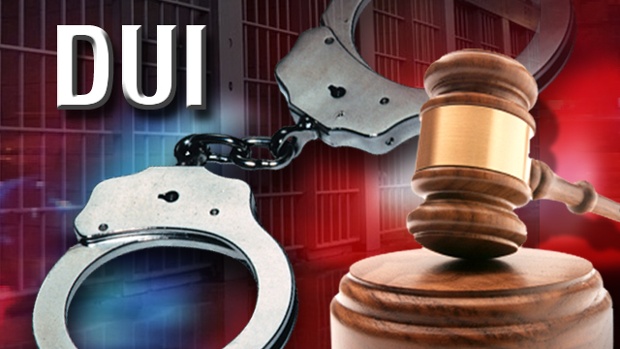
Imagine you're pulled over for a speeding violation, but you have GPS data showing you were traveling within the limit. Collecting evidence for driving offenses isn't just an option; it's essential for protecting your rights. Solid evidence, like witness testimonies or photographs, can help create reasonable doubt against the prosecution's claims. But what types of evidence are most effective, and how can they influence the outcome of your case?
When facing driving offenses, gathering solid evidence is imperative not only for your defense but also for guaranteeing a fair legal process. Evidence plays a significant role in supporting your case against accusations, providing substantial proof that can challenge the prosecution's claims. When you present concrete evidence, it not only bolsters your defense but can also lead to reduced penalties if the evidence impacts the judge's or jury's perception of the situation.
Gathering solid evidence is crucial for your defense and ensuring a fair legal process in driving offense cases.
Tangible evidence is essential for contesting traffic citations, as it establishes the facts surrounding the incident. Without evidence, misunderstandings arise easily, and your version of events may get overshadowed by the prosecution's narrative. Photographic evidence, for instance, can provide visual proof of the circumstances at the time of the alleged offense. This might include images of road conditions, traffic signals, or other important elements that could demonstrate your innocence or mitigate your liability.
Additionally, GPS data can show your speed and location, offering more context to your actions during the incident. This type of evidence can be instrumental in challenging speeding tickets, especially when data reflects compliance with traffic laws. Witness testimonies are also invaluable; eyewitness accounts can offer additional perspectives that may corroborate your version of events. However, you should verify the reliability of these witnesses, as inconsistent testimonies can weaken your case. Furthermore, police questioning during traffic stops can yield information that may help clarify the situation, so it's important to be aware of your rights throughout the process.
While police methods for collecting evidence can be thorough, they can also present challenges. Vehicle searches, questioning drivers, and sobriety tests are common practices, but each step must adhere to legal standards. If the police fail to respect your rights during these processes, it could undermine the evidence gathered. As a result, analyzing the charges against you and understanding what must be proven for conviction is essential for your defense strategy.
When you gather evidence, it's important to organize it methodically. Collecting relevant documents, such as vehicle maintenance records or radar calibration records, strengthens your position. Consulting a lawyer guarantees that your evidence meets legal standards and that you present it effectively. Highlighting discrepancies in the prosecution's case can introduce doubt, which is significant in legal proceedings. Evidence can't only support your claims but can also reduce penalties if it raises questions about the officer's statements or the validity of the charges against you.
However, challenges in evidence collection exist. Data integrity is important; tampering or mishandling can jeopardize your case. Privacy concerns also arise, especially when sensitive information is involved. In addition, you should address any technical issues with data collection devices to maintain the credibility of your evidence.
As technology plays an increasing role in evidence gathering, tools like GPS, surveillance cameras, and data analytics can provide vital support, helping to make certain that your evidence is robust and convincing.
Conclusion
In summary, collecting evidence for driving offenses isn't just a formality; it's an essential step in safeguarding your rights. Did you know that about 20% of all driving-related charges are ultimately dismissed due to insufficient evidence? By gathering tangible proof, witness statements, and other supporting materials, you can create a strong defense that challenges the prosecution's case. Remember, thorough preparation can make all the difference in achieving a fair outcome in your case.
